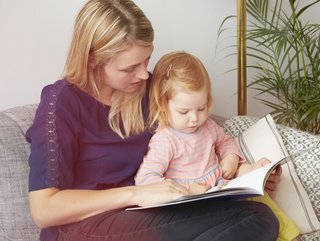Children’s books can dispel gender-based stereotypes in STEM

Research psychologists from the University of Amsterdam, the University of Toronto, Western Washington University, and the University of British Columbia shared research to show that reading children's books with female protagonists working with maths can debunk gender stereotypes around science, technology, engineering and math (STEM) careers.
Researchers were inspired to explore the link between early years’ education and perceived stereotypes of STEM careers after the universities faced low enrolment rates for women, despite implementing a push to counter stereotypes. The experiment aimed to discover whether children who either read books themselves or were read books by parents with leading characters that had an interest in STEM demonstrated fewer stereotypical views regarding such subjects.
How the researchers explored the stereotypes
To explore their theory, the researchers read to over 300 children aged between 6 and 11. To test the stereotypes, three books were used: the first had a male protagonist who was good at maths; the second had a female protagonist who was good at maths; the third used characters of both genders who were interested in sports – intending to be neutral.
Once the children had listened to the books, they were asked to take a test that measured gender-based stereotypical thinking.
The test required the children to sort maths and implicit terms into gender-based categories, before asking direct questions, such as ‘how much do you like doing maths problems?’.
Books can dispel gender-based stereotypes
Through the data collected, researchers found that children held less gendered stereotypes regarding women’s ability and interest in STEM subjects after listening to book one – which portrayed a women protagonist – compared to children exposed to book two or three with a male or no dominant protagonist.
Researchers concluded that the findings show that gendered stereotypical thinking in young people is malleable. Therefore, if children are given the correct materials, gender-based stereotypes around STEM careers and subjects can be dispelled.






